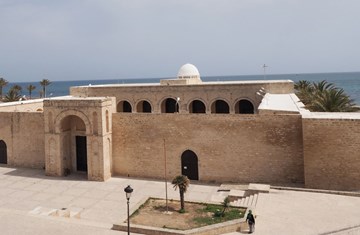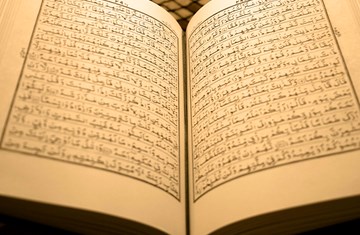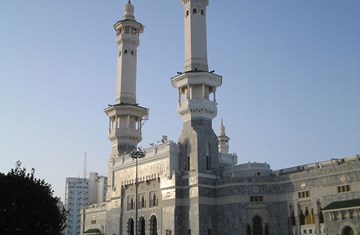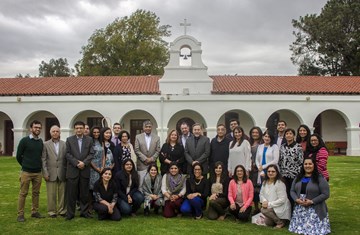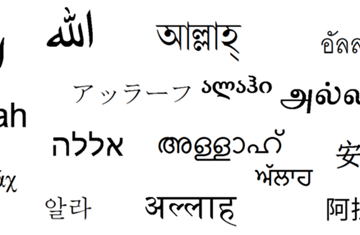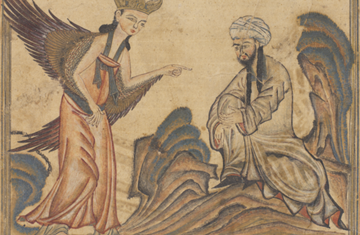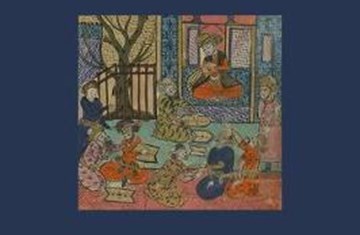Religion and State in a Pluralist Nation: Policy Challenges in Contemporary Canadian Society
Keywords: Canada, immigrants, media, minorities, multi-culturalism, pluralism, private sphere, public sphere, religion, human rights, secularism.
Abstact: The Canadian state has long made room for the practice of religion while maintaining its secular framework for public life. Recent years have seen increased policy discourse about religious identity in the public sphere, mostly due to growing diversity. Debates involving the intersection of religious and civic identities tend to become conflated with negative perceptions of immigration, of overly reasonable accommodation that privileges minority rights over those of the majority, and concerns about gender rights and public security. In several cases, the extent of the social conflict has been magnified by the media to produce moral panics. Public figures have also over-reacted to reports of apparent disputes. Central to this policy debate is the upholding of the fundamental rights and freedoms of all, particularly human rights and the ability to participate in public life.
Author

Professor Karim H. Karim
Professor Karim H. Karim was Co-Director of the Institute of Ismaili Studies from 2009 to 2011. He previously was Director of Carleton University’s School of Journalism and Communication in Ottawa, Canada. Prior to joining academia, Professor Karim held positions as a Senior Researcher and Senior Policy Analyst in the Department of Canadian Heritage, was a reporter for Inter Press Service (Rome) and Compass News Features (Luxembourg), and worked as a Religious Education Co-ordinator in the Ismailia Association for Canada.

Faiza Hirji
Faiza Hirji is an instructor in the School of Journalism and Communication at Carleton University. Her research interests include identity formation among minority youth, diaspora, transnationalism, and media representations of diversity.

